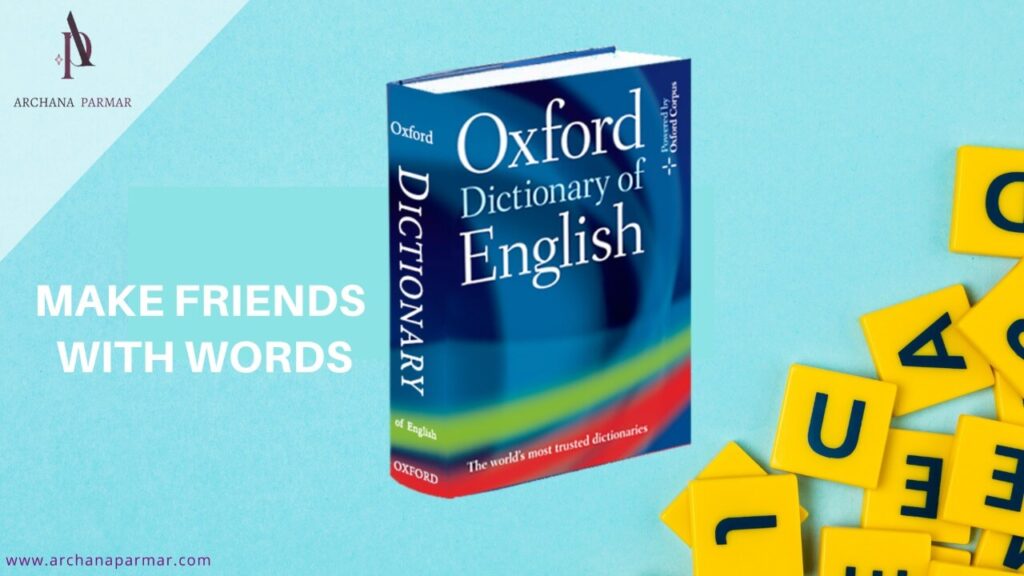3-step formula to become an effective communicator
If you’re like most people who lack confidence to communicate, or the ones who don’t find suitable words to express themselves, then you’re always looking for a better way to conduct yourself. But it seems like a never ending practice. Good news: now you too can gain the confidence to communicate effectively by following a 3- step proven method below. These steps include: Step 1: Build your vocabulary – you need not learn the whole dictionary by heart, instead focus on topic specific vocabulary. Step 2: Polish your oral communication- identify the fears that stop you from performing well. Deal with them one by one. Step 3: Business Writing- what are the written tasks that you are supposed to perform on a daily basis? Let’s take a look at each of these steps in a little more detail… Step 1: Build your vocabularyThis first step is pretty simple. What you need to do is identify your routine job and make a list of tasks that you perform on a daily basis. For example, follow-up with your sales team. Now a lot of people tend to end up confused as to how to remember all the word. Usually you can avoid that by switching the most frequently words by their synonyms. For example, use essential instead of important. Once you’ve completed this first step, then move onto the next step… Step 2: Polish your oral communicationFor this step you’ll need to make a list of the activities that requires you to speak- presentations? daily meetings? . What you’ll do is structure your talks before hand by adding an introduction, body, supporting statement or example, and conclusion. Let me share with you three tips for making this step go more smoothly… Tip 1: [Introduction]. [Tell them what you are going to tell them] Tip 2: [Deliver]. [Tell them what you have to tell them along with some examples/anecdotes] Tip 3: [Conclusion]. [Tell them what you just told them by summarizing it] Once you’ve completed this step, then move onto the next one…Step 3: Business WritingFor this step, you need to identify different tasks that you are required to write. See if there is any pattern in them? Can these be templatized? One word of warning: people prefer a cut/copy paste approach for these things, remember- customization is the key in making an impact. ConclusionSo there you have it – a quick and easy 3-step process for becoming an effective communicator. Let’s recap the steps: Step 1: Build your vocabulary – you need not learn the whole dictionary by heart, instead focus on topic specific vocabulary. Step 2: Polish your oral communication- identify the fears that stop you from performing well. Deal with them one by one. Step 3: Business Writing- what are the written tasks that you are supposed to perform on a daily basis? Now there’s just one thing left for you to do – take action! So go ahead and give yourself the permission to be a better communicator. And do it today, because the sooner you get started, the sooner you’ll reach your destination. I’ve got your back. Write to me at archana@archanaparmar.com Order your copy of my book ‘Business English and Leadership Communication’ – kindle or paperback
3-step formula to become an effective communicator Read More »



